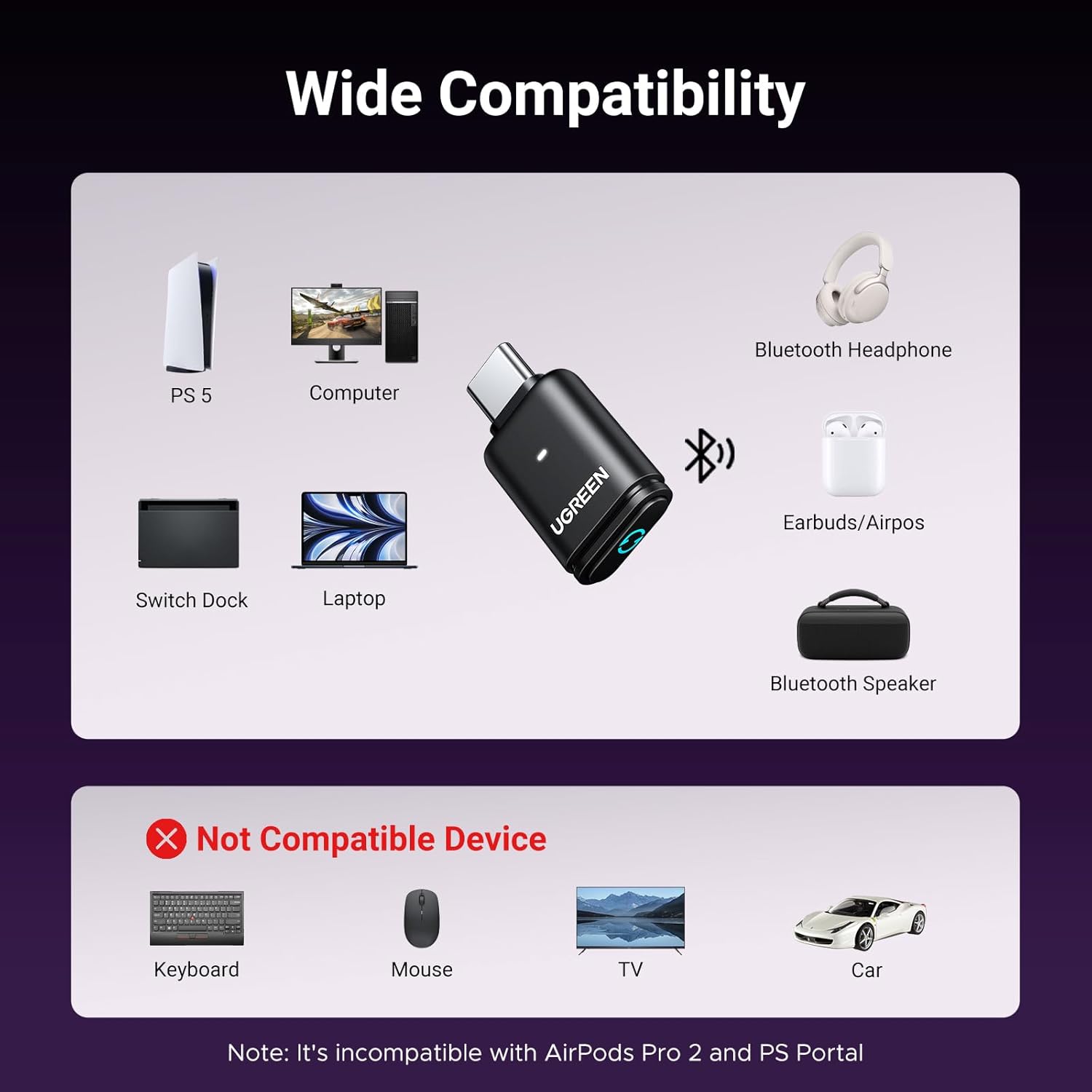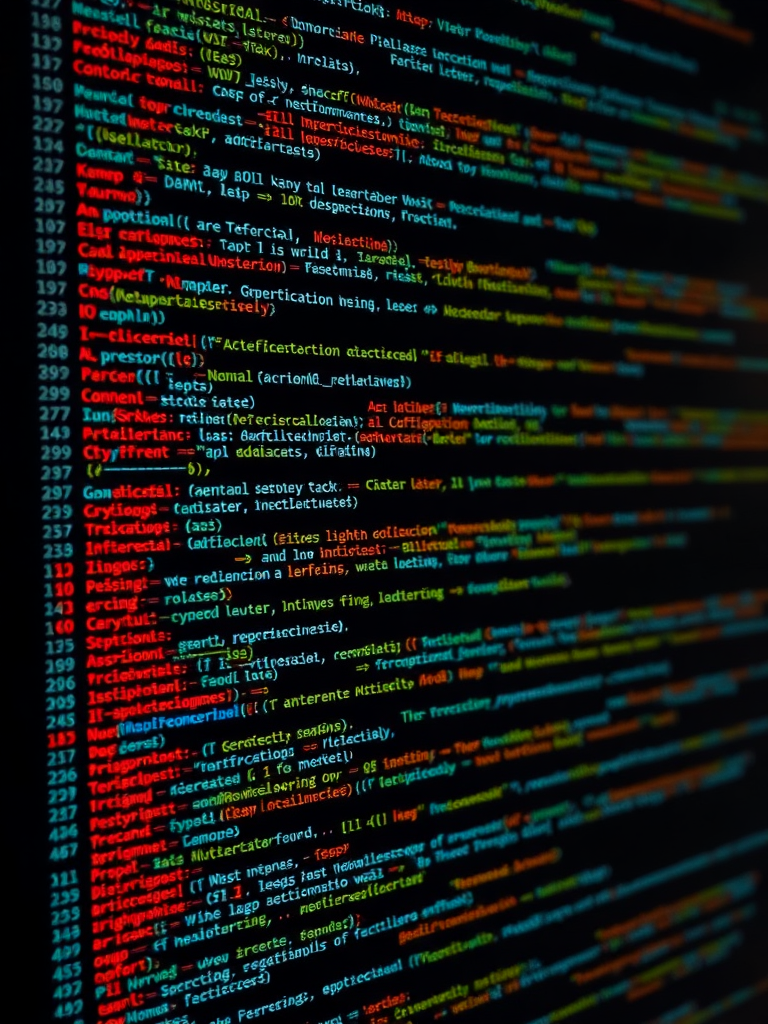Writing clean programming code is an essential skill for any developer. Clean code is not just about making your code look pretty; it’s about making it readable, maintainable, and efficient. Whether you’re a beginner or an experienced programmer, following best practices can significantly improve your coding workflow. In this article, we’ll explore seven simple steps to help you write clean programming code.
1. Understand the Problem Before You Start Coding
Before you write a single line of code, take the time to fully understand the problem you’re trying to solve. Break it down into smaller, manageable parts and plan your approach. This will help you avoid unnecessary complexity and make your code more straightforward.
Why It Matters
Understanding the problem allows you to:
- Identify the core requirements.
- Avoid over-engineering.
- Write code that is easier to debug and maintain.
2. Follow a Consistent Coding Style
Consistency is key when it comes to writing clean programming code. Adopt a coding style guide and stick to it. This includes naming conventions, indentation, and formatting.
Benefits of Consistency
- Readability: Consistent code is easier to read and understand.
- Collaboration: It makes it easier for other developers to work on your code.
- Maintenance: Consistent code is easier to maintain and update.
For more on coding styles, check out this guide on remote code finder.
3. Use Meaningful Names for Variables and Functions
Names should be descriptive and convey the purpose of the variable or function. Avoid using vague names like temp or data. Instead, use names that clearly describe what the variable holds or what the function does.
Examples
- Bad:
int x; - Good:
int numberOfStudents; - Bad:
void process(); - Good:
void calculateAverageGrade();
4. Keep Functions Small and Focused
Each function should do one thing and do it well. If a function is too long or does multiple things, consider breaking it down into smaller, more focused functions.
Advantages
- Reusability: Smaller functions can be reused in different parts of your code.
- Testability: It’s easier to write tests for small, focused functions.
- Readability: Smaller functions are easier to understand.
5. Comment Your Code Wisely
Comments are essential for explaining complex logic or decisions that aren’t immediately obvious from the code itself. However, avoid over-commenting or stating the obvious.
Best Practices
- Explain why you’re doing something, not what you’re doing.
- Keep comments up-to-date with the code.
- Use comments to mark sections of your code.
6. Refactor Regularly
Refactoring is the process of improving your code without changing its functionality. Regularly review your code and look for ways to make it cleaner and more efficient.
When to Refactor
- When you notice duplicated code.
- When a function is too long or complex.
- When you find a better way to implement something.
For more on refactoring, check out this article on game design art.
7. Write Tests
Writing tests ensures that your code works as expected and helps catch bugs early. It also makes it easier to refactor your code with confidence.
Types of Tests
- Unit Tests: Test individual functions or methods.
- Integration Tests: Test how different parts of your code work together.
- End-to-End Tests: Test the entire application from start to finish.
Conclusion
Writing clean programming code is a skill that takes practice, but the benefits are well worth the effort. By following these seven simple steps, you can improve the readability, maintainability, and efficiency of your code. Remember, clean code is not just for you; it’s for anyone who might work on your code in the future.
FAQs
1. What is clean code?
Clean code is code that is easy to read, understand, and maintain. It follows best practices and is free of unnecessary complexity.
2. Why is clean code important?
Clean code is important because it makes it easier to collaborate with other developers, reduces the likelihood of bugs, and makes maintenance and updates simpler.
3. How can I improve my coding style?
You can improve your coding style by following a style guide, practicing regularly, and seeking feedback from other developers.
4. What are some common mistakes to avoid when writing code?
Common mistakes include using vague names, writing overly complex functions, not commenting your code, and not writing tests.
5. How often should I refactor my code?
You should refactor your code regularly, especially when you notice opportunities to improve its structure or efficiency.

Blink Video Doorbell
Blink Video Doorbell (newest model) – Head-to-toe HD view, two-year battery life, and simple setup. Required Sync Module not included – Add-On (Black)

Beats-Studio Pro Cancelling Headphones
Beats Studio Pro - Wireless Bluetooth Noise Cancelling Headphones with USB-C Charging Cable (20 cm) - Jet Black

Sound Healing 432 Hz
song transports the listener to a relaxed state of mindfulness and inner peace.

UGREEN USB-C Bluetooth Adapter for PS5
UGREEN USB-C Bluetooth Adapter for PS5, Bluetooth 5.3 Audio Adapter with APTX Low Latency & aptX-Adaptive, Wireless Audio Transmitter to Connect Wireless Headphones & Earbuds

